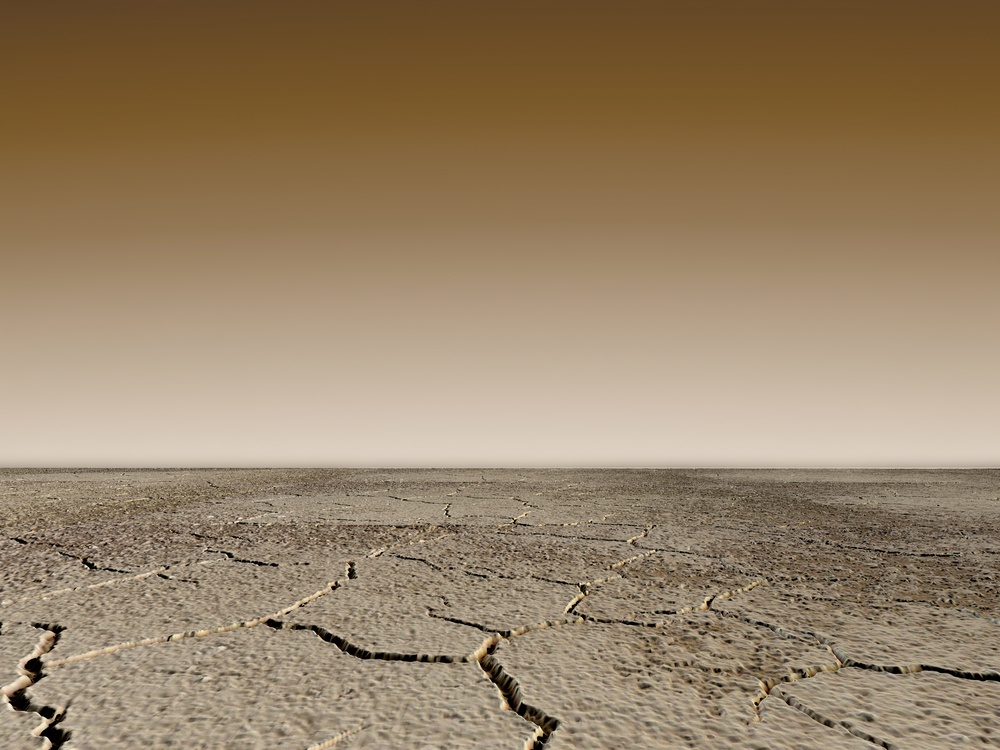1 min read
Do I have Dry Eye or MGD?
{% video_player "embed_player" overrideable=False, type='scriptV4', hide_playlist=True, viral_sharing=False, embed_button=False, width='580',...

 Dry Eyes
Dry EyesYour eyes produce tears containing natural infection-fighting antibiotics every second. Blinking spreads the tears over the eyes’ surface before being drained through two small holes in the nasal corner of your eyelids. These tear ducts are known as puncta and drain tears to the nose and throat.
If your tear glands make insufficient tears, or they drain away too quickly, the tear film is spread too thinly over the eyes’ surface. If your tear glands produce enough tears but are of poor quality, they evaporate too quickly before the next blink comes along, which can cause irritation.
If untreated, damage to the outer protective tissue of the cornea opens a route of infection with the risk of permanent scarring and sight loss.
A small handful of reasons are listed below:
An assessment is required to determine whether you actually have dry eyes and if so which type is required. Around 80% of patients have dry eyes because of lack of tear volume (aqueous deficiency) and 20% have dry eyes caused by evaporation from defective tear oils where plug treatment is inappropriate. In evaporative dry eyes, a different treatment is prescribed. Many patients have both aqueous and evaporative components to their dry eye, so tests are needed.
Depending on the cause, dry eye syndrome can be treated as a temporary problem or a long-term condition. Either way, tears must be conserved or supplemented in order to provide relief.
If you suffer from evaporative dry eye, Lipiflow® is a gentle and painless procedure that opens and clears blocked glands quickly and painlessly. Then your eyes can start naturally producing the complex oils that create a healthy tear film. This in-office treatment may even be scheduled on the day of your evaluation.
For less severe dry eye cases, artificial tears offer immediate relief. Unfortunately, many widely used bottles of eye drops contain preservatives which can cause a worsening of the dryness with time. New technology lubricants (hypotonic, unpreserved) work but are only temporarily. The best treatment is conservation of your existing tears.
In cases of more persistent dry eye symptoms, closure of the tear duct openings may be the best option. This conserves precious tears by restricting drainage. Your eyes are bathed with your own natural tears without the inconvenienc
e of constantly supplementing the tear film with artificial drops.

1 min read
{% video_player "embed_player" overrideable=False, type='scriptV4', hide_playlist=True, viral_sharing=False, embed_button=False, width='580',...

OUCH! Dry Eye Syndrome is caused by a chronic lack of sufficient lubrication and moisture on the surface of the eye and is more common among women....

Dry Eye Syndrome and glaucoma commonly occur together. Patients may have irksome symptoms, but might not associate them with dry eye syndrome.